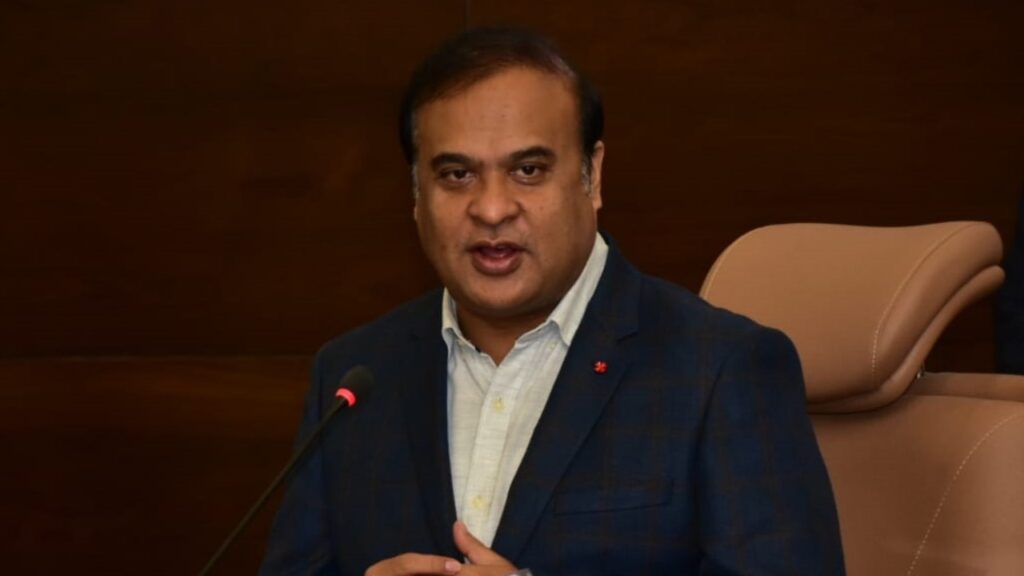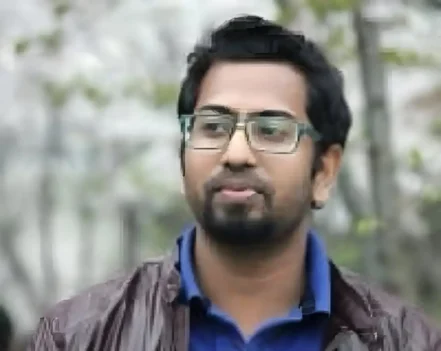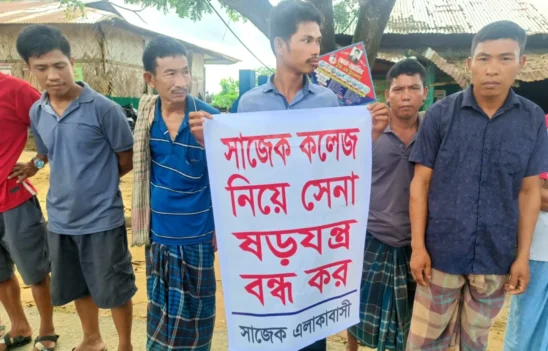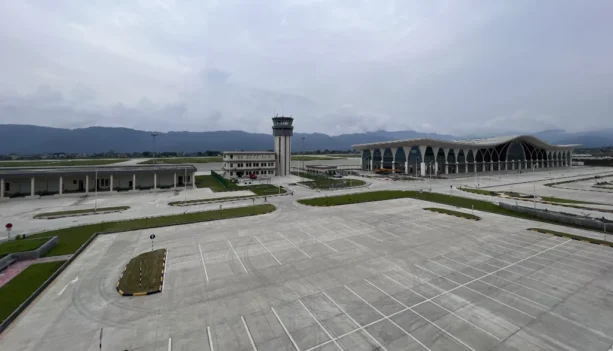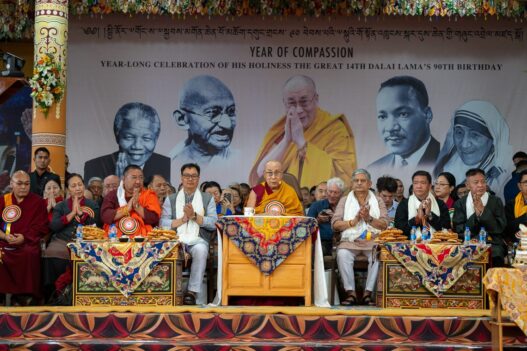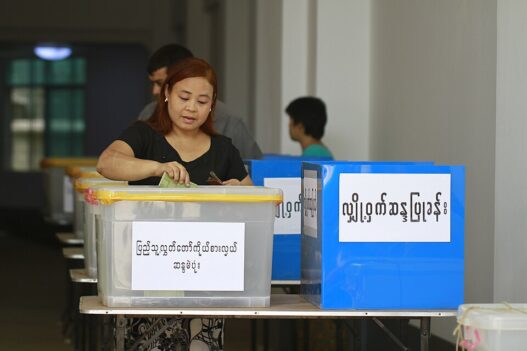In a move aimed at preventing what authorities deem as “evil” practices under the guise of healing, the Assam Healing (Prevention of Evil) Practices Bill, 2024, was presented in the 126-member State Assembly this Wednesday.
Proposed by Parliamentary Affairs Minister Pijush Hazarika on behalf of Chief Minister Himanta Biswa Sarma, the bill targets to eliminate non-scientific healing methods perceived to exploit individuals, with a focus on curbing evangelism. The bill outlines penalties, including imprisonment and fines, for individuals found guilty of engaging in illegal practices under the guise of treatment or magic healing.
Specifically targeting practices claiming to address congenital diseases like deafness, dumbness, blindness, physical deformities, and autism, the legislation aims to completely prohibit such healing sessions. It also proposes strict punitive measures against those who exploit vulnerable populations under the pretext of providing treatment.
The resolution was reached during a cabinet gathering presided over by Chief Minister Himanta Biswa Sarma on Saturday. Discussing the outcomes of the meeting concerning X, Sarma conveyed that the cabinet designated 10 cities/towns for a specialized sustainable development initiative and put forth plans to revamp the state municipal frameworks. “It will ban such healing sessions entirely and enforce severe penalties against ‘healers’ exploiting the impoverished and marginalized individuals under the guise of treatment,” the CM noted on X.
The introduction of the bill follows the State Cabinet’s resolution to address concerns surrounding magical healing, drawing criticism from the Assam Christian Forum, which argues against equating healing with proselytization, emphasising its compassionate response to human suffering across religious lines.
On February 15, Christian leaders in Assam, a northeastern state of India, denounced allegations made by the state government suggesting that Christians are engaging in attempts to convert individuals through what is described as “magical healing.” This practice involves praying for the recovery of the sick and disabled.
What is ‘magical healing’: A closer look at the controversy
The attraction of many impoverished Hindus to Christianity, purportedly due to miraculous healing practices by evangelists and Pentecostal missions, has been widely reported, particularly in northern India and the northeast.
In ancient civilizations, the realms of magic and medicine were closely intertwined and remain deeply rooted in contemporary folk healing traditions. The indigenous knowledge surrounding healing, regarded as a cultural intangible heritage, has garnered significant attention from anthropologists, historians, and fiction writers.
The northeastern region of India, encompassing states such as Arunachal Pradesh, Assam, Manipur, Meghalaya, Mizoram, Nagaland, Sikkim, and Tripura, continues to uphold ancient traditional healing systems rooted in Ayurveda, Unani, and other allied practices. Each state boasts its own distinct dialects and abundant plant and animal resources, which are utilized to fulfill the healthcare needs of the communities. Traditional healing practices in this region often involve the use of herbs, animal parts, and mantras to maintain well-being. Various studies have identified different categories of traditional healers in the region, including herbalists, diviners, and birth attendants.
However, traditional healing differs from “magical healing” as currently framed. In a recent statement dated February 12, Himanta Biswa Sarma, the Chief Minister of Assam, remarked on the contentious issue of “magical healing,” asserting its perceived use as a method for converting tribal communities. Sarma emphasised maintaining religious identities, stating, “Let Muslims remain Muslims, Christians remain Christians, and Hindus remain Hindus.”
Highlighting the government’s stance, Sarma expressed the desire to curb evangelism in Assam. However, Allen Brooks, spokesperson for the ACF, criticised Sarma’s position, deeming it misguided and unnecessary.
In response to these assertions, Archbishop Moolachira emphasised that healing, whether through prayer or medical intervention, should be viewed as a compassionate response to human suffering, regardless of religious beliefs. He emphasised that such acts transcend religious boundaries and reiterated the commitment of Christian institutions to provide essential medical services within the recognized medical framework.
As outlined by Bhattacharjee S in his paper titled “Kapherem: a Traditional Healing Through Chantings of the Karbis in Karbi Anglong, Assam,” every culture, regardless of its complexity, develops its own beliefs and practices surrounding illness. Prior to the introduction of Western medicine, societies had established their own methods of treating sickness and disease.
Furthermore, the Archbishop pointed out that Article 25 of the Constitution guarantees the right to practice one’s religion, underscoring that accusations against Christians undermine this fundamental constitutional right.
In regions such as Northeast India, particularly Assam, characterized by rich ethnic diversity, indigenous communities have preserved traditional healing practices and knowledge systems.
Defining “magical healing” may well be as complex as enforcing it as a law. While some view it as safeguarding vulnerable individuals, critics contend that traditional practices aren’t inherently harmful. This raises concerns about religious freedom, cultural sensitivity, and the need for enhanced healthcare or awareness. Instead of categorically dismissing “magical healing” as unacceptable or linked to religious conversion, there’s a call for nuanced understanding and measures to address concerns without undermining cultural practices or beliefs.

